[Joint CQSE & NCTS Seminar] Photonic Integrated Circuit Chips for Quantum Technology
Title: [Joint CQSE & NCTS Seminar] Photonic Integrated Circuit Chips for Quantum Technology
Speaker: Prof. Yen-Hung Chen (NCU)
Time: Nov. 10, 2023, 14:30-15:30
Place: Rm. 104, Chin-Pao Yang Lecture Hall, CCMS & New Physics Building, NTU
Online: https://nationaltaiwanuniversity-zbh.my.webex.com/nationaltaiwanuniversity-zbh.my/j.php?MTID=mf0a1b4255e96edb93e638803cf473f14
Abstract
Quantum photonics technology has progressed rapidly and become a predominant solution for the realization of optical quantum computing, quantum communication, and quantum metrology which are believed to provide supremacy power in information processing, building (unconditionally) secure communication, and elevating sensing resolution, respectively. Various kinds of optical elements have been developed as building blocks using photonic integrated circuits (PIC) technology for different applications. For example, PIC has been widely used in the implementation of chip-based photonic quantum circuits where different building blocks like qubit sources, linear optical circuits, modulators, and even single-photon detectors are intended to be integrated in a common substrate. Such a powerful integrated scheme has been applied to build photonic circuits for the creation, manipulation, and test of quantum entanglement states from the generated qubits as well as in implementing a reprogrammable logic gate circuitry for quantum computing. On the other hand, further founded on the fundamental laws of quantum mechanics like the uncertainty principle and the no-cloning theorem, networking and communications with absolute security can be assured using a quantum optical communication technology based on quantum key distribution without concerns of the threats from the rising (quantum) computational supremacy.Quantum photonic technology features many unique advantages, including being workable at room temperature, transmitting/modulating information with high speed and huge bandwidths, being compatible with CMOS and fiber-optic technologies, being free from vacuum and magnetic systems, and scalable using such as multiplexing technology. In this talk, I will mainly introduce our recent studies on PIC chip technology for quantum computing/communication/ sensing applications.
Biography
Dr. Yen-Hung Chen is currently a professor with the Department of Optics and Photonics, National Central University (NCU), Taiwan. Dr. Chen is also a member of the Optica, a director of Taiwan Photonic Society, an editorial board member of the Journals “Frontiers in Photonics” and “Chinese Journal of Physics”, and the Chairman of Quantum Technology Center at NCU.Prof. Chen has been leading a research group, “Nonlinear Integrated Laser Photonics (NILP) Lab” at NCU, long devoted to the studies in the area of nonlinear integrated (LiNbO3) photonics based on the state-of-the-art nonlinear optics, laser optics, integrated optics, and quantum optics technologies. The novel integrated photonic devices developed by the group are capable of performing multiple optical functions in a monolithic crystal chip, which are advantageous and key building blocks in demand to realize advanced integrated photonic circuits for versatile applications such as optical communications, remote sensing, quantum computing/communication/sensing, inertial sensing, biomedicine, displays, and optical storage.


